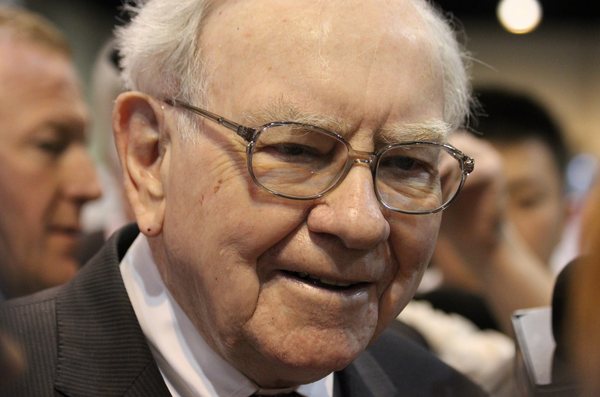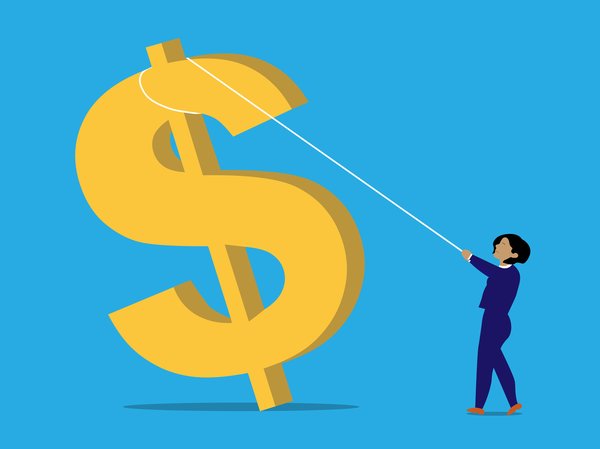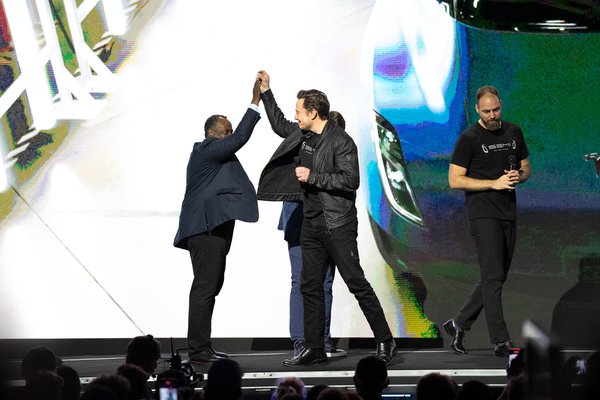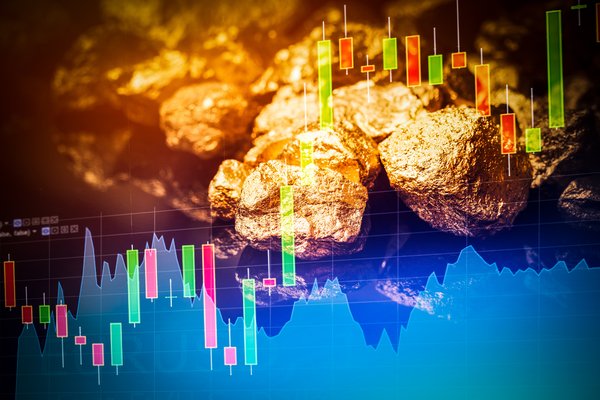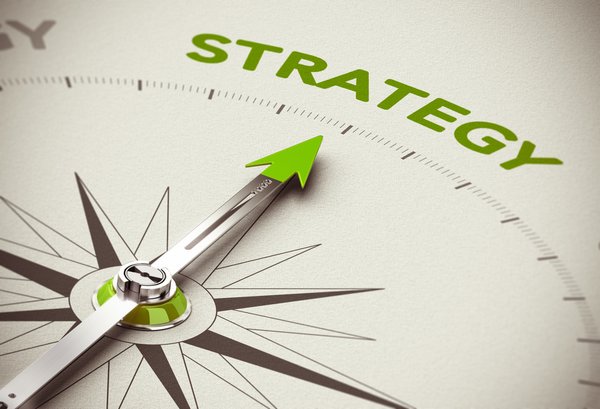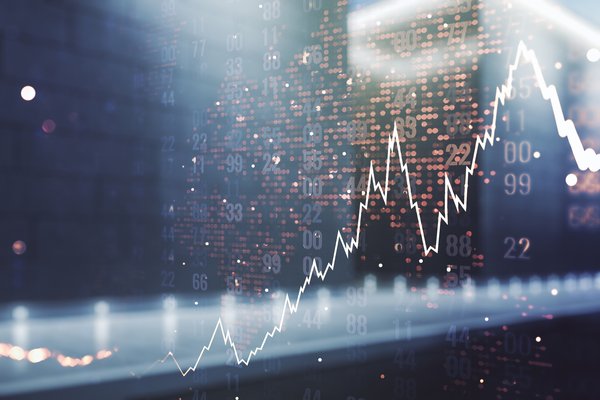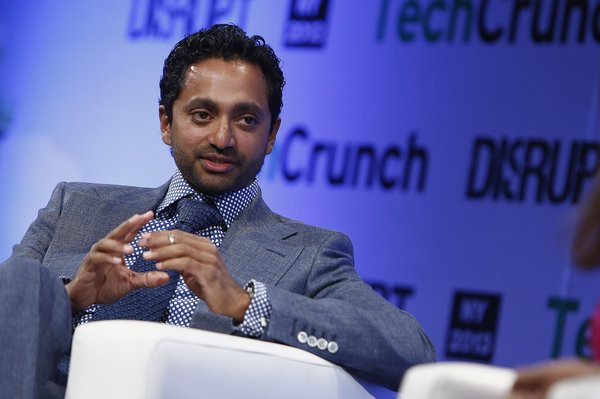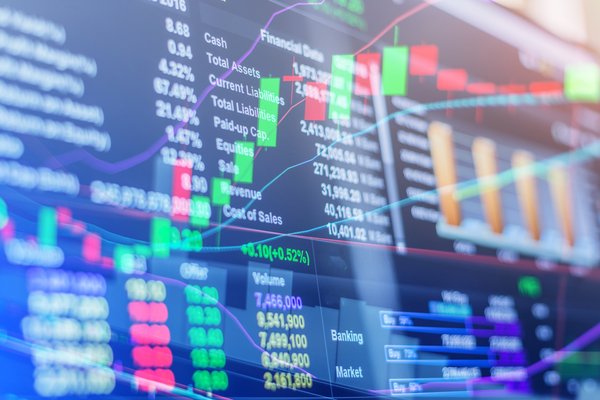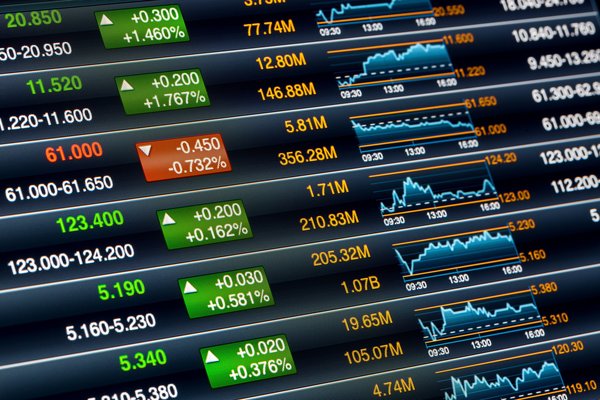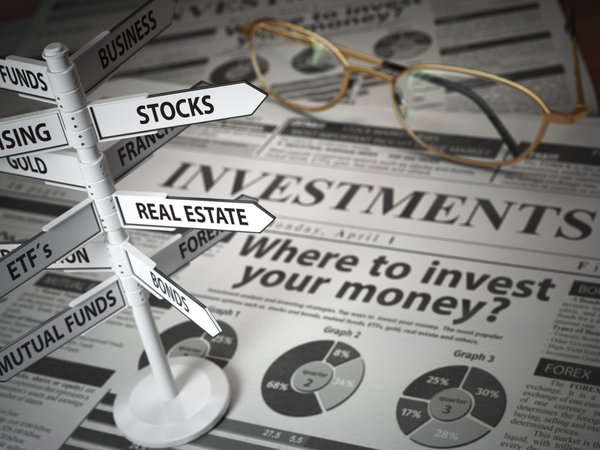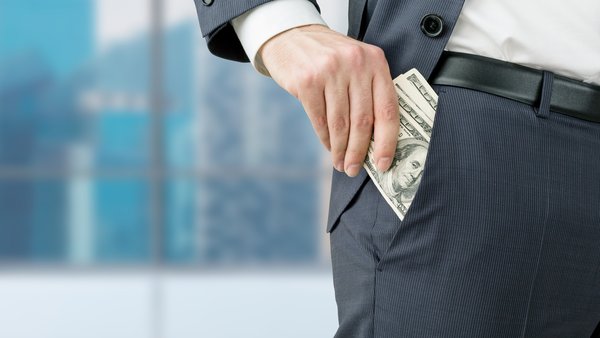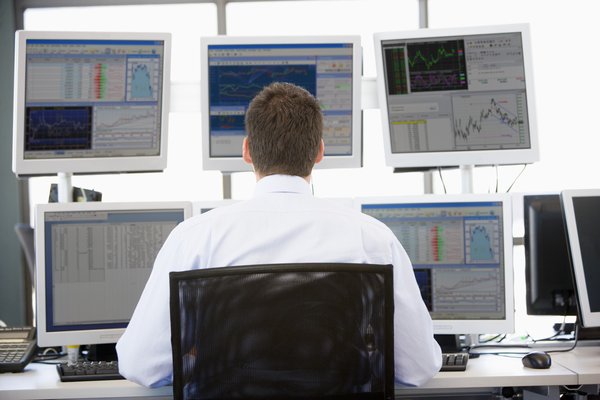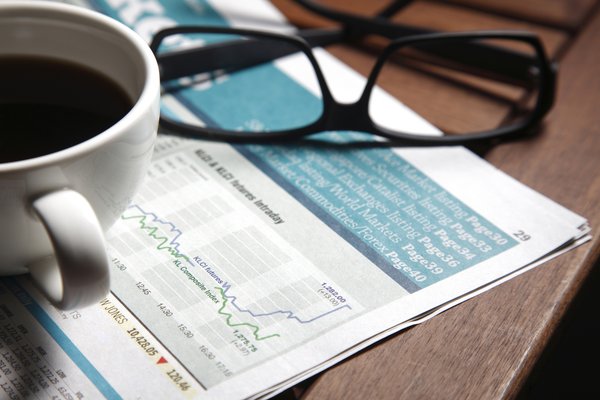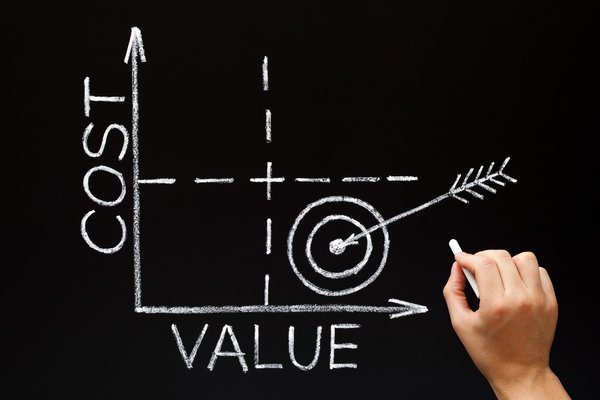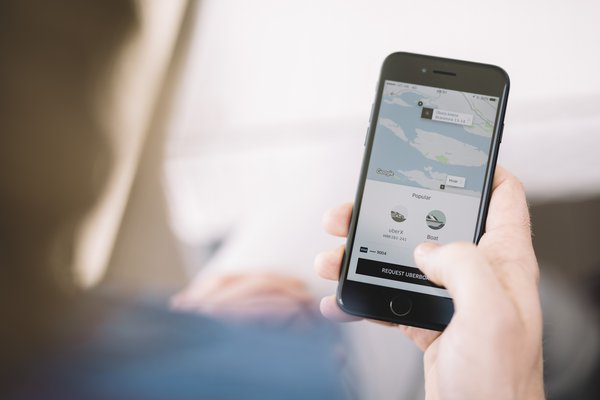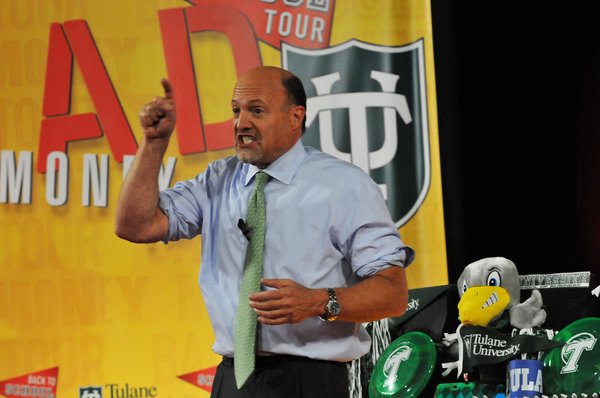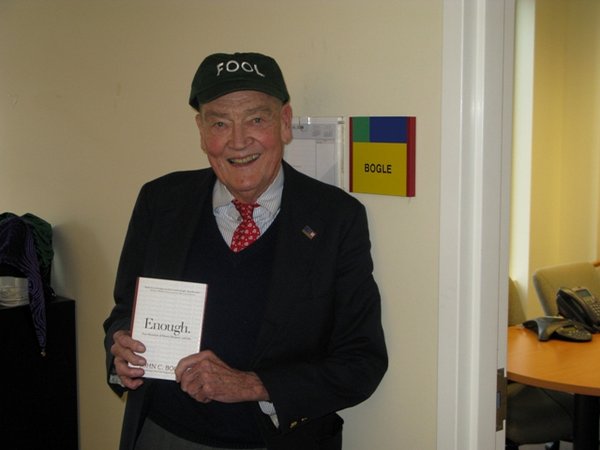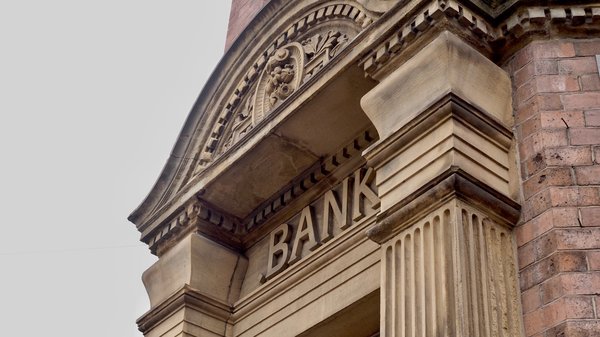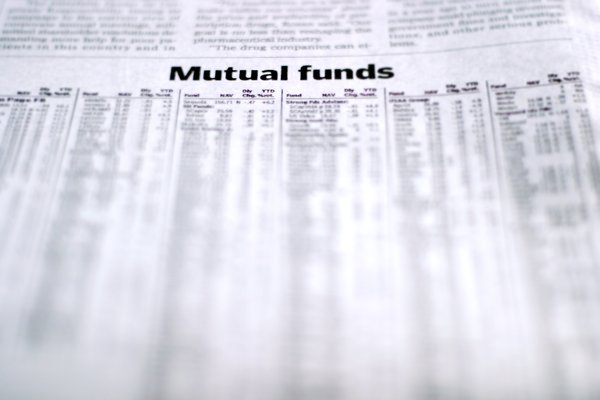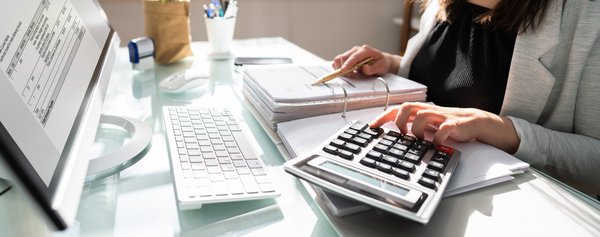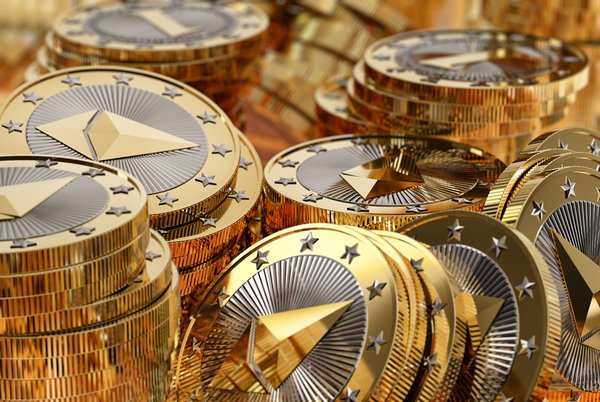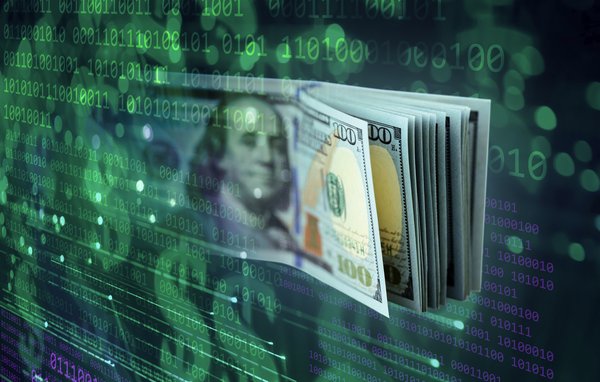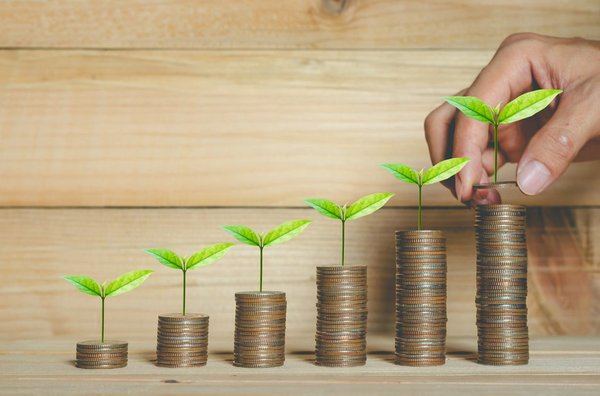With a net worth of $3.4 billion, Bill Ackman is more than a one-percenter -- he is one of the world's top 1,000 richest people. The billionaire hedge fund manager is an activist investor through the company he founded and runs, Pershing Square Capital Management.
Activist investors buy large interests in underperforming companies. They use their influence as major shareholders to pressure company leaders into managing the business differently.
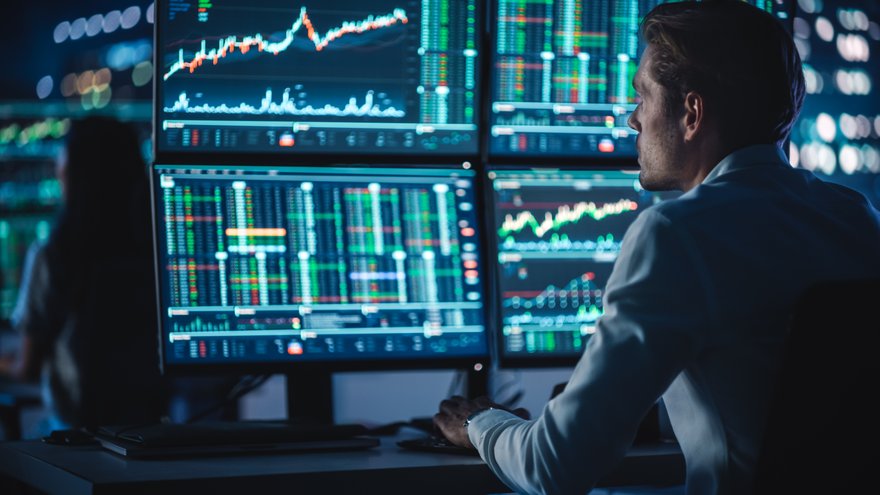
How did Bill Ackman get rich?
Ackman grew up in an affluent household in New York, the son of a commercial real estate mortgage broker. He went to Harvard to complete his undergraduate studies and stayed at the prestigious school to earn an MBA.
In 1992, Ackman completed his MBA and launched his first hedge fund, Gotham Partners. He and co-founder David Berkowitz opened Gotham's doors with $3 million in investment capital. Almost 90% of the $3 million came from seven outside investors that Ackman and Berkowitz had recruited. The two founding partners funded the rest of the starting capital themselves.
Ackman and Berkowitz quickly became young stars of Wall Street, generating double-digit returns in four of their first five years in business. Gotham's assets under management grew to $568 billion by the end of the decade.
Gotham's downfall
Gotham's success, unfortunately, was short-lived. The investment portfolio drifted from its initial value focus into illiquid private investments and unpopular public ones. A major holding, Gotham Golf, couldn't achieve profitability and racked up a lot of debt in its downward slide.
On top of the portfolio problems, the Securities and Exchange Commission (SEC) began looking into Gotham for attempted market manipulation by way of published research reports.
Investors got nervous and began asking for their money back. The New York Times reported that Gotham's redemptions totaled $180 million in 2000 and 2001, totaling roughly 45% of the firm's capital. High redemptions continued into the following year. In the final days of 2002, Ackman and Berkowitz notified investors that the fund would be shut down.
The rise of Pershing Square Capital Management
In 2004, Ackman launched a new fund, Pershing Square Capital Management. Pershing launched with $54 million, funded by Ackman personally and holding company Leucadia National. Today, Pershing's assets under management exceed $16 billion.
MBIA
Ackman's first big win for Pershing was a position he opened with Gotham Partners. In 2002, Gotham bet on the failure of municipal bond insurer MBIA with a leveraged short position and credit default swaps (CDS). Gotham also published a report arguing that MBIA did not deserve its AAA credit rating -- which prompted the SEC probe mentioned above.
Ackman's doomsday prediction for MBIA focused on the company's exposure to subprime mortgage-backed securities. Although his warnings were largely ignored, he continued his crusade against MBIA for six years while growing his investment in the company's failure.
As it turned out, Ackman got the last laugh. MBIA collapsed in the financial crisis of 2007 and 2008. By 2009, Ackman had closed out his position and earned $1.4 billion in the process. The deal made him one of the most famous investors on Wall Street once again.
Over the next several years, Pershing would also make billion-dollar profits on investments in Canadian Pacific Railway and mall operator General Growth Properties.
Pandemic profits
Those deals paled in comparison to Ackman's legendary coronavirus win. In early 2020, he invested $27 million in credit default swaps (CDS) -- a massive bet that the debt markets would falter as the coronavirus pandemic took hold. He was right. A few weeks later, Ackman liquidated the CDS portfolio for $2.6 billion.
What's in Bill Ackman's portfolio?
Pershing's investment approach, as described in its 2022 annual report, involves holding large positions in a small group of large-cap value stocks. The stated goal is to create "substantial, enduring, and long-term shareholder value."
The table below outlines the stocks included in the Pershing portfolio as of Dec. 31, 2022, according to the company's 13F filing.
| Company Name and Ticker | Percentage of Pershing Portfolio |
|---|---|
| Lowe's (NYSE:LOW) | 23.53% |
| Restaurants Brands International (NYSE:QSR) | 17.81% |
| Chipotle Mexican Grill (NYSE:CMG) | 17.46% |
| Hilton Worldwide Holdings (NYSE:HLT) | 14.43% |
| Howard Hughes (NYSE:HHC) | 13.83% |
| Canadian Pacific Railway (NYSE:CP) | 12.94% |
In addition to holding the above companies, Pershing also occasionally pursues asymmetric, opportunistic hedges. An asymmetric hedge provides a large gain opportunity with a more limited risk of loss. Ackman's CDS deal in 2020 was asymmetric; the profits were almost 100 times the capital spent.
You can follow Ackman's public company trades going forward by reviewing Pershing's quarterly 13F filings, which are available in EDGAR, the online SEC database of corporate information.
Related investing topics
Bill Ackman and Herbalife
One of Ackman's most notorious losses at Pershing involved the healthcare supplement company Herbalife (HLF -0.43%). Ackman spent $1 billion shorting Herbalife, convinced the company would go bankrupt. He explained his position in a three-hour presentation at the 2012 Sohn Investment Conference. Ackman characterized Herbalife's network marketing business model as a pyramid scheme awaiting certain collapse.
Fellow activist investor Carl Icahn took the opposite stance on Herbalife. He began building a long position in the company, eventually amassing 26.2% of outstanding shares.
In 2013, Icahn and Ackman argued publicly about Herbalife during a CNBC interview. The live exchange, which raged for almost 45 minutes, devolved into personal insults. Icahn called Ackman a crybaby, liar, and loser, while Ackman labeled Icahn a bully with a poor reputation. The incident earned Ackman and Icahn the shared nickname of "Bickering Billionaires."
Ackman would not win the battle. Herbalife stock dipped near the end of 2012 and again in 2015, but not enough for Ackman to close out his shorts. Starting in 2015, Herbalife made a rocky climb upward.
In 2018, Ackman liquidated his Herbalife position at a loss. Icahn exited Herbalife in 2021 for a profit of $1.3 billion, as estimated by CNBC's Scott Wapner.









